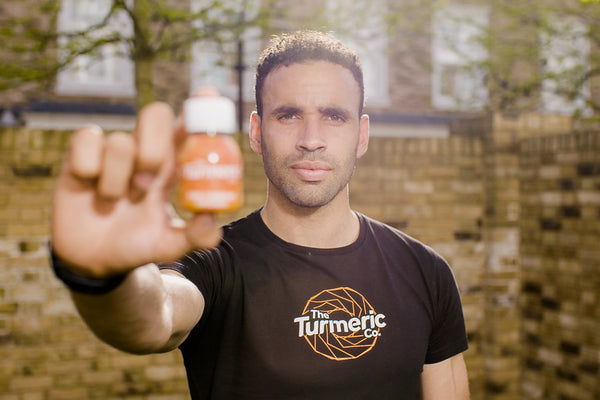Sleep. We all have a sense of its importance and most of us wish we got more of it. But what exactly is going on between your ears when you lay your head to rest at night?
In this article, we’re going to take a look under the hood and see exactly why you need those 8 hours more than that 4th consecutive Netflix episode. Read on to find out more.
What exactly does sleep do?
As it turns out, some very important things! Things that directly impact on our mental and physical functions.
Sleep serves 3 main purposes:
1) Getting rid of metabolic waste
Just as gutters get clogged up if you don’t clear them out regularly, the same thing happens in your brain.
As the day goes by, your brain accumulates gunk known as metabolic waste.
This is a totally natural process, but excessive build ups of this waste has been linked to neurodegenerative diseases like dementia. Your brain therefore needs sleep to help clear out this gunk.
2) Sorting out your memories
During the day, your brain takes in a hell of a lot of information. With this degree of sensory overload, it doesn’t have the capacity to hang on to all of it forever.
So, whilst you’re asleep, your brain will both:
- Transfer crucial information from your short to long-term memory and dismiss what it deems as non-essential.
- Reinforce long-term memories.
Miss out on enough sleep and it could in theory affect your working and long term memory.
3) Calibrating your metabolism
Looking to lose weight? Hit the bed and give me 1000 snores!
Okay, perhaps we don’t have to approach sleep with the same rigour as exercise, but treating sleep as another tool in your physical activity arsenal can be a really useful way to think about it.
That’s because while you're asleep, your brain decides where it’s going to derive its energy from while you’re essentially fasting.
Getting less than 6 hours of sleep under your belt, can result in your body hoarding its fat reserves. Instead, it’ll look at carbohydrates and protein for energy to perform bodily repairs.
This isn’t ideal for two reasons. Firstly, you’re going to accumulate more fat while you sleep. Secondly, you’re likely going to lose muscle mass too
So, whether you’re looking to lose a little weight, stay lean, or pile on the muscle, sleep is as important as a gym membership.
Can you “catch up” on sleep?
If you’re on that working week grind and only manage to catch 5-6 hours of quality shut-eye each night, studies have shown it might be possible to make up for it on weekends.
Although research shows that you can reset bodily inflammation to normal levels by oversleeping on the weekend when it comes to cognitive function, you won’t bounce back in the same way.
Essentially, the only way to get your brain firing on all cylinders is to have a consistent sleep routine that you rarely deviate from.
So, regardless of what else you’ve got going on, there’s really no way around the simple fact that good health starts with a good night’s sleep. So, head to bed early, lock in those 8 hours, and you’ll wake up rested, refreshed, and better equipped to tackle what the world throws your way!

The Hal Robson-Kanu Guide To Fitness & Nutrition
Gain exclusive insight into habits that will make every day a healthy and fulfilling one.













